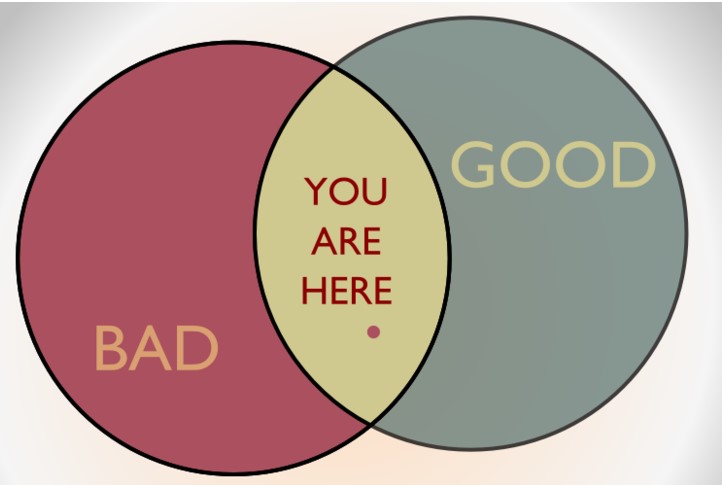Evidence and ethics
Ethical considerations
3.9 Myth: researching online learning is an ethics-free zone

© John Le Masney. This file is licensed under the Creative Commons Attribution-Share Alike Licence
In 2018, Cambridge Analytica incurred public wrath when a whistleblower revealed that the company had collected the personal data of millions of Facebook users without their consent (Cadwalladr and Graham-Harrison, 2018). Using an app called ‘This Is Your Digital Life’; the company harvested as many as 87 million Facebook profiles, using the data to provide assistance with the 2016 presidential campaign of Donald Trump.
Maybe you were one of the Facebook users whose data was harvested. You wouldn’t necessarily know, however, because Facebook’s terms and conditions didn’t require consent for this sort of data-gathering exercise. Facebook’s attitude at the time is just one example of a commonly held view that research conducted online does not have to be constrained by the ethical considerations involved in research conducted offline. The final section of Week 3 challenges that perception, arguing that it’s a myth.
Personally, I believe that any kind of research carries with it a big responsibility – for the participants, for other researchers, and for the people who will benefit from the research. The exact nature of the responsibility for participants will vary with the type of research. It can include a responsibility for their physical health, psychological well-being, security of employment, privacy and anonymity, and their safety. Educational research can cover any of these types of responsibility, each requiring the researcher to manage various ethical considerations.
The field of ethics deals with establishing moral principles that govern a person’s behaviour or the conduct of an activity, and which differentiate between right and wrong, good and bad. Researchers seeking to ensure they are acting ethically may consult one or more sets of guidelines for ethical research, for example those produced by the American Educational Research Association (AERA) and the British Psychological Society (see the Downloads below for more examples). These sets of guidelines are valuable in setting out core principles which researchers should follow in order to ‘reach an ethically defensible position in which their actions are considered justifiable and sound’ (BERA, 2011).
Robert Farrow identifies seven core principles common to traditional ethics guidelines in his article A framework for the ethics of open education (Farrow, 2016):
- respect for participant autonomy
- avoid harm and minimise risk
- full disclosure
- privacy and data security
- integrity
- independence
- informed consent.
The British Psychological Society’s revised Ethics Guidelines for Internet-mediated Research (BPS, 2021) applies such principles to the context of research conducted online, identifying several issues which may need special consideration including:
- the public-private domain distinction online
- confidentiality and security of online data
- procedures for obtaining valid consent
- procedures for ensuring withdrawal rights and debriefing
- levels of researcher control
- implications for scientific value and potential harm.
These principles are all relevant when researching innovative educational practices. However, the fast pace of change in educational technology means that ethics guidelines can quickly go out of date. Researchers may therefore encounter situations that are not covered by guidelines and which force them to think more deeply about their responsibilities towards research participants and the wider public.
Legislation also changes. In Europe, one example would be the introduction of General Data Protection Regulation (GDPR) in 2018, with implications for researchers’ collection and storage of data.
In the next steps you’ll consider the distinction between public and private domains online, and the implications for ethical educational research.
© The Open University
